
Adaptive Markets
Financial Evolution at the Speed of Thought
Recommendation
Financial theory has long viewed investment through the lens of the efficient markets model, which posits that stock prices already reflect all known information and, therefore, no investor can beat the market. But this concept hasn’t always held up in real life. Professor Andrew Lo posits an “adaptive market hypothesis” to explain market anomalies in a new way. His is a rich narrative, interspersed with anecdotes and examples, but financial professionals looking for a rigorous framework for formulating predictive models will be disappointed. Nevertheless, he offers another perspective to investors who haven’t always agreed with conventional market thinking.
Summary
About the Author
Andrew W. Lo is a professor at MIT’s Sloan School of Management and the director of MIT’s Laboratory for Financial Engineering.


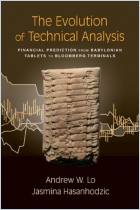
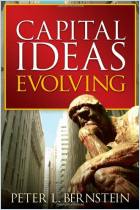
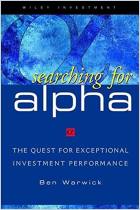
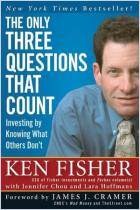
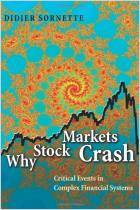
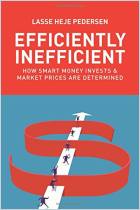
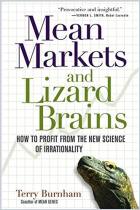


Comment on this summary